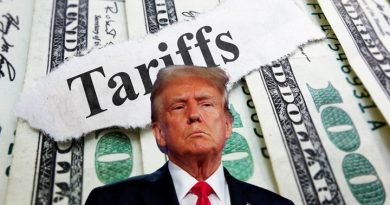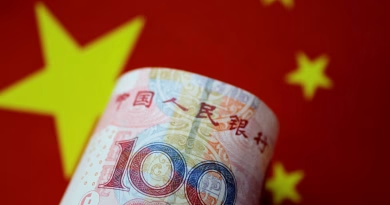India’s Foreign Minister Subrahmanyam Jaishankar said on Saturday that negotiations with Washington over trade remain active, but stressed that New Delhi has “red lines” it will not compromise on, days before fresh U.S. tariffs are set to take effect.
Indian exports are facing additional tariffs of up to 50 per cent, among the steepest levies imposed by the United States, after New Delhi ramped up its imports of Russian oil. A 25 per cent tariff is already in force, with the second tranche of 25 per cent scheduled for August 27.
A planned visit by U.S. trade negotiators to New Delhi from August 25–29 has been cancelled, raising fears that the tariffs will neither be lowered nor delayed.
“We have some red lines in the negotiations, to be maintained and defended,” Jaishankar said at an Economic Times forum in New Delhi, citing the protection of India’s farmers and small producers as non-negotiable.
Talks between the two sides broke down earlier this year after India refused to open up its vast agricultural and dairy markets, long seen by Washington as barriers to deeper trade ties. Bilateral trade between the world’s largest and fifth-largest economies stood at more than $190 billion last year.
“It is our right to make decisions in our national interest,” Jaishankar said.
Analysts warn of economic hit
Analysts at Capital Economics estimate that if the full U.S. tariffs come into effect and remain in place, India’s economic growth could be reduced by 0.8 percentage points in both 2025 and 2026.
“The longer-term harm could be even greater, as a high tariff could puncture India’s appeal as a global manufacturing hub,” the firm said in a note.
Jaishankar: “Unusual” U.S. policy approach
The minister described U.S. President Donald Trump’s trade policy as “unusual,” saying: “We have not had a U.S. president who conducts his foreign policy so publicly as the current one. It is a departure from the traditional way of conducting business with the world.”
Jaishankar also accused Washington of applying double standards by penalising India’s Russian oil imports while overlooking much larger trade flows between Moscow and other major buyers such as China and the European Union.
“If the argument is oil, then there are other big buyers. If the argument is who is trading more (with Russia), then there are bigger traders,” he said, pointing out that Russia’s trade with Europe far exceeds its trade with India.
The minister added that India’s purchases of Russian oil were never raised in earlier discussions with the U.S. before Washington publicly announced the tariff measures.






